ROMA 1908
Quelli di Londra 1908 in realtà furono la quinta edizione dei giochi olimpici dell'era moderna, seguirono infatti i cosiddetti giochi olimpici intermedi tenutisi ad Atene nel 1906, in seguito considerati solo come anniversario decennale dei primi giochi olimpici di Atene (1896) e che, su richiesta di Pierre de Coubertin, presidente del Comitato Olimpico Internazionale, non entrarono nel conteggio ufficiale delle edizioni olimpiche.
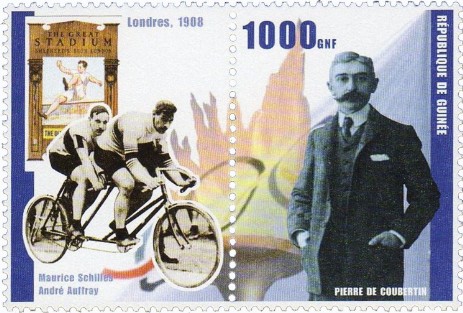
Con i giochi di Londra si ritornò alla cadenza quadriennale, stabilita all'avvio dei giochi olimpici moderni. Nel 1901 il rappresentante del CIO tedesco, presentò la candidatura di Berlino come sede dei giochi del 1908 e nel 1903 la Federazione Ginnastica Italiana candidò la città di Roma,immediatamente supportata dall'amministrazione comunale, conferendole carattere di ufficialità. Pierre de Coubertin non nascose di preferire Roma a Berlino, ed infatti nel 1905, dopo un lungo soggiorno romano, l’allora Presidente del C.I.O. disse che la Capitale d'Italia sarebbe la città ideale per ridestare l'entusiasmo e il fascino dei Giochi, mortificati dalle burrascose edizioni del 1900 e del 1904, entrambe abbinate ad altrettante caotiche esposizioni.
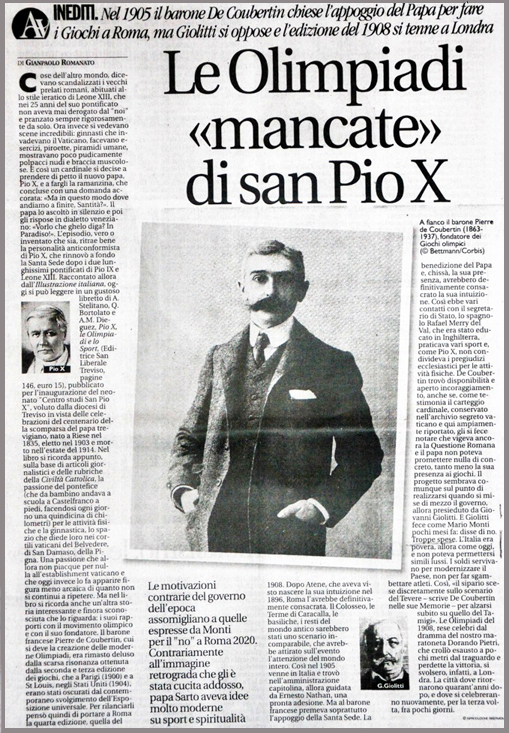
Purtroppo, però, dopo mesi di inattività, il comitato organizzatore romano, data l'impossibiità di finanziare l'evento, si sciolse nel 1906. Arrivò così la rinuncia del governo Giolitti (alle prese con crisi finanziaria, scioperi generali, moti popolari), che al posto dei Giochi Olimpici mise in testa alle sue priorità la costruzione del tunnel del Sempione, il sostegno alla popolazione sfuggita all'esplosione del Vesuvio ed ai terremotati di Calabria e Sicilia. Berlino non presentò una nuova candidatura ed allora subentrò la British Olympic Association (BOA), offrendosi di organizzare i giochi a Londra. Il 24 novembre 1906 la BOA emise un comunicato stampa in cui annunciava ufficialmente che i Giochi avrebbero avuto luogo nella capitale britannica.
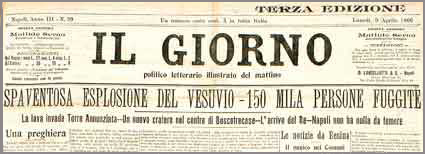
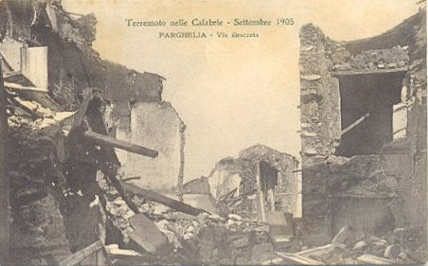
Postcard commemorating the 1905 earthquake in Sicily and Calabria.
1906 calendar showing the railway route through the Simplon tunnel.
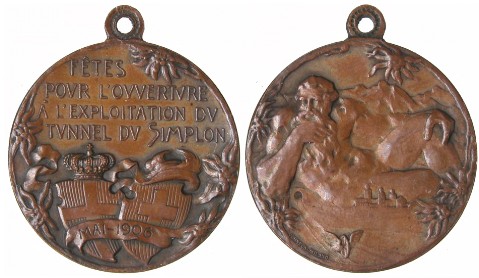
Official medal minted for the opening of the Simplon tunnel.